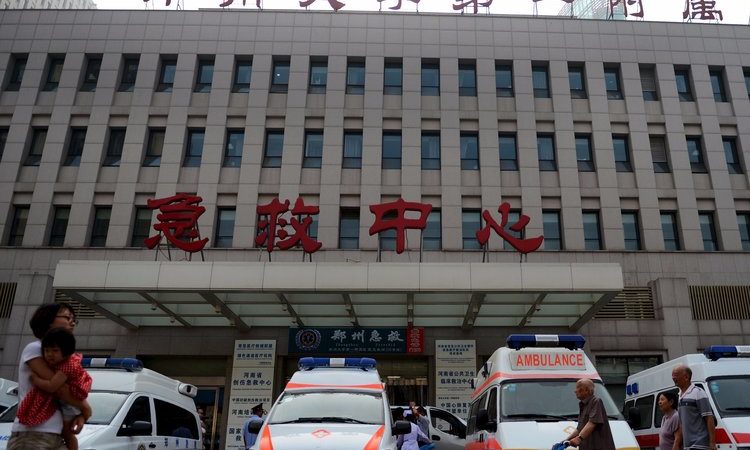The Report on the Regulations of Reforming of the Health Work issued by China’s State Council in 1985 proposed the loosening up of policy control, simplify administration and release administrative authority, as well as raising funds from multiple sources and laid the groundwork for developing the country’s healthcare industry, including the bringing in of private capital.
Since 2009, various Chinese government agencies have formulated a number of policies for promoting the growth of non-public medical institutions. They include:
- Ease restrictions to private capital access and encourage private investment to take part in public hospital ownership reform;
- Encourage non-public medical institutions to be developed into large-scale, high-quality and scale-oriented medical conglomerates, and
- The profit-making non-public medical institutions may set up service items at their sole discretion, and medical service fees they charge shall be subject to market regulation.
According to the existing Interim Measures for the Administration of Sino-Foreign Equity Joint and Cooperative Joint Medical Institutions, foreign ownership of medical institutions is limited to 70%. However, the above-mentioned notice promises that ownership restrictions on foreign investments will gradually be eliminated. In addition, the same notice simplifies and standardizes the approval procedures for foreign investment into medical institutions. Furthermore, as indicated by the notice, a foreign investor can financially support either a for-profit or a non-profit medical institution in China. Earnings from for-profit medical institutions can be distributed among investors, while dividend distribution is prohibited for non-profit medical organizations. Moreover, non-profit medical institutions enjoy preferential tax and price policies. Meanwhile, for-profit medical institutions are required to pay enterprise income tax, but entitled to set their prices independently and are exempted from sales tax. Finally, the notice stipulates that investments from Hong Kong, Macao, and Taiwan will appreciate the benefits of the existing priority support policy in accordance with pertinent regulations.





Private Sector Opportunity in China’s Healthcare Industry